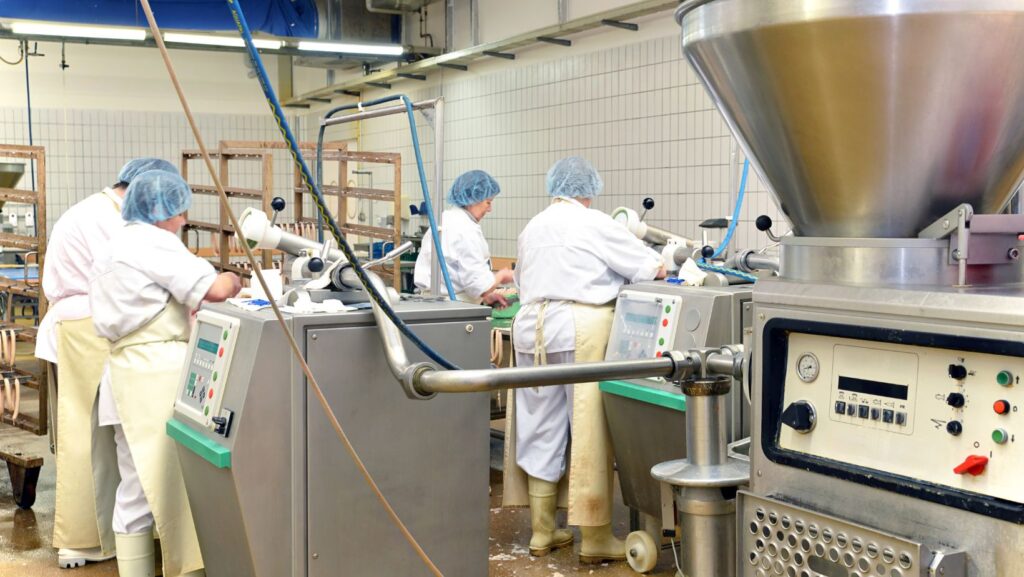Automation in the workplace is a controversial topic. The growth in technology that we are currently experiencing may seem positive on the surface, but there are some examples of growing automation posing a threat to certain jobs. The good news is that once we get through an inevitable transitional period, this could be a positive move for a lot of careers and may help workers improve the way that they work.
Development and Coding
One obvious area where help from AI and other automation technologies is making a difference is coding. Developers are looking to make new games all the time, and this includes slot games, which are incredibly popular. There are thousands of slot games out there today and jackpot slots have a lot of varied features, but the framework behind them is often pretty similar. If somebody is looking to develop a slot game from scratch, there are forms of automation that can help. For example, the framework could remain pretty similar from one game to the next, which means that some aspects of the code could be the same. Automating this through tools like ChatGPT or specific coding tools can alleviate some of the more annoying “busy work” and allow developers to focus on more creative tasks, such as creating slots with interesting themes and designs. In this way, AI and automation can provide people with a chance to do more fulfilling work without having to waste time on repetitive tasks.
Is Written Work Changing Forever?
Writing is being transformed by AI, and while the value of human writers and editors should not be overlooked, the technology can help with improving grammar and spelling. ChatGPT and similar apps and programs can check written work to ensure there are no errors. People who have to write reports for work may be able to rely on support from these types of tools and language models.

They aren’t perfect and their output may sound mechanical right now, but the technology is evolving at a rapid pace. There are many other jobs that could potentially be replaced by people using these tools. ChatGPT may have the power to run things like chat bots, given the right training, and some workers will be concerned about this. At the moment, customer support is often done through call centers and these remain vital. People do value having a human connection, and this could save some customer service jobs.
Automated Vehicles Could Change Work for Millions
Think of all of the millions of people who drive for work. How far are we from automated vehicles that could change the way we drive? Will there be a time when delivery drivers are replaced by a self-driving locker that allows people to collect their items? Could food and drinks someday be brought by an automated vehicle after customers place their orders? This is naturally a concern for people who rely on driving for work. If taxis become automated, for example, it will instantly put thousands of people out of work.
Manufacturing and Robotics
Automation in manufacturing through the use of industrial robots has already revolutionized assembly lines, and some machines handle repetitive tasks like packaging and quality inspection with a pretty good level of precision and efficiency.

Factory operations may become a lot more streamlined, but this has workers worried about their roles. However, it is important to acknowledge that roles requiring human oversight, such as robotics maintenance or programming, could see greater demand. In addition, it is possible that costs could drop as a result, and these savings may be passed on to consumers. AI in manufacturing has the potential to change pretty much everything, but like so many other industries, this would potentially lead to a lot of reform. It is natural that people might find this a little concerning, but the opportunity for innovation is significant.
Conclusion
Some people are excited by automation and what it might do for their roles, while others are worried about being replaced. Automation is about to shake up a lot of industries, but this does not have to be a cause of concern; it could make many jobs easier and improve people’s access to essential services.


